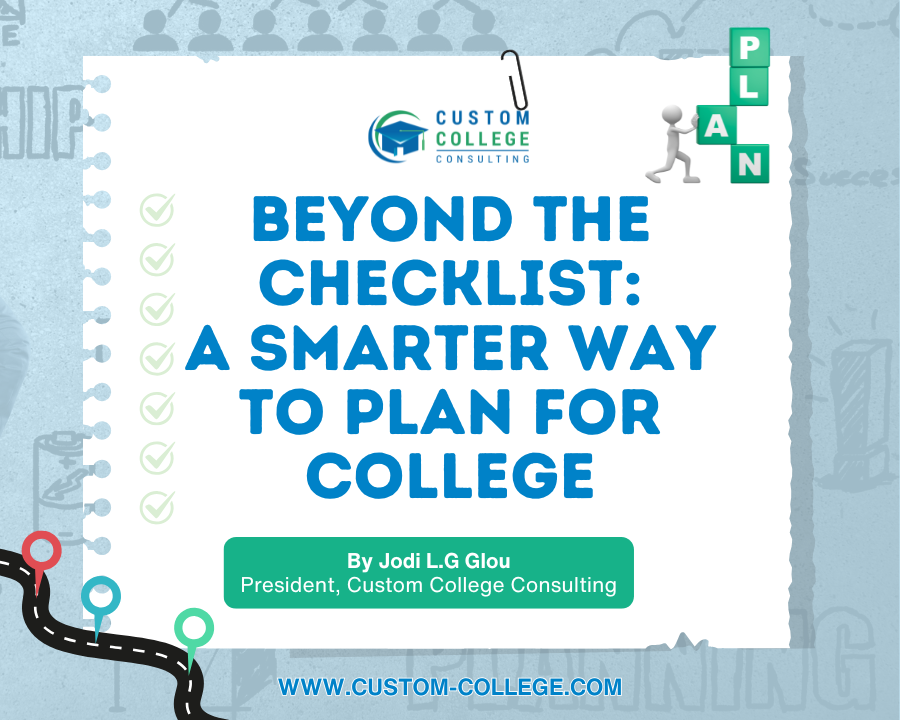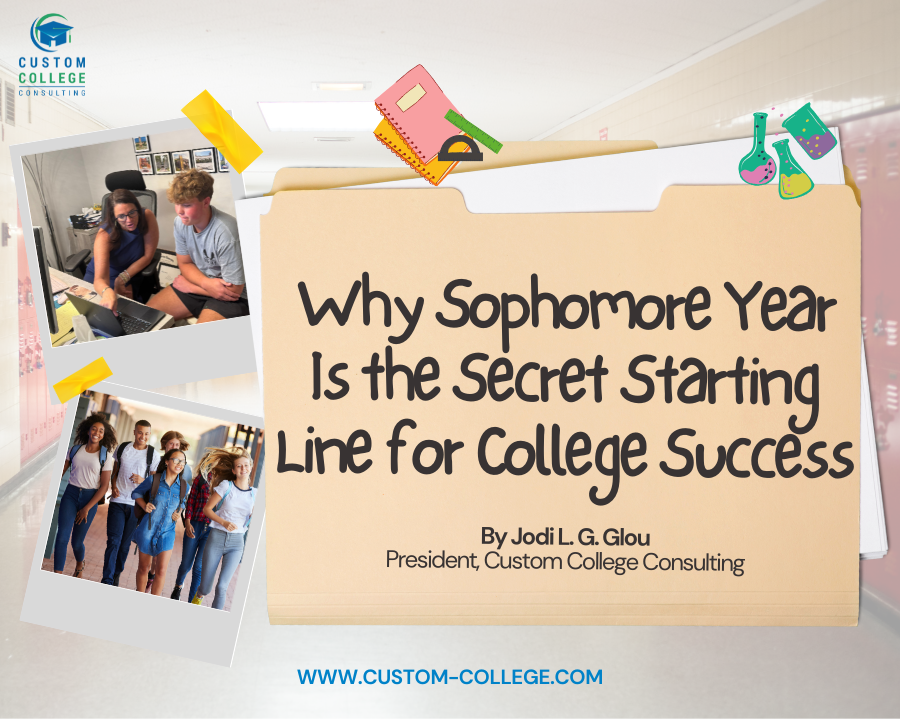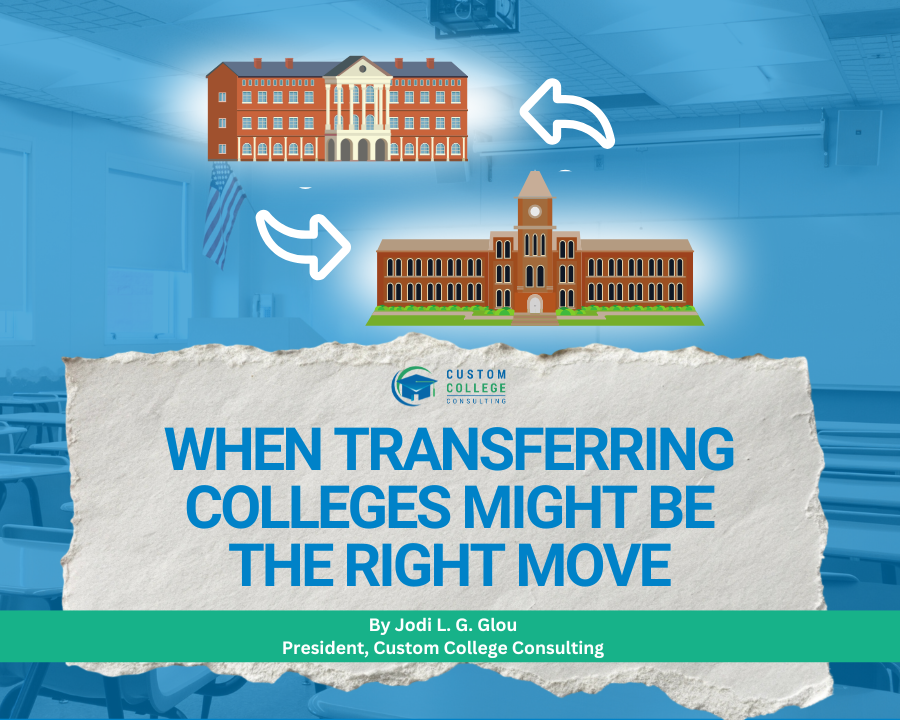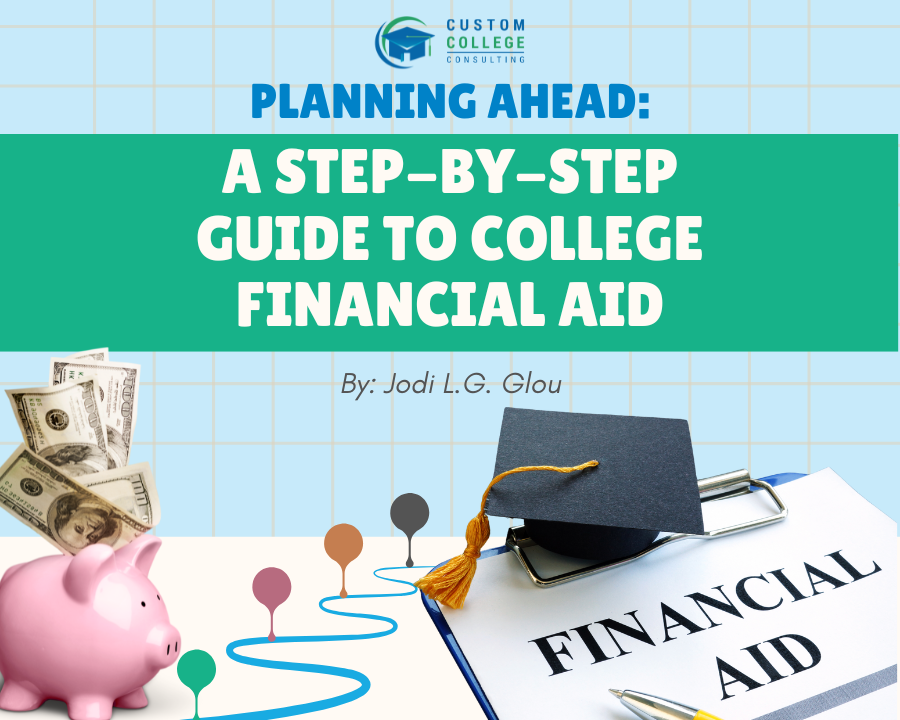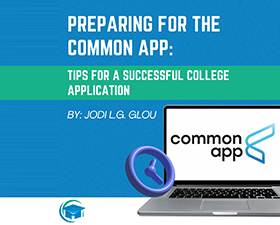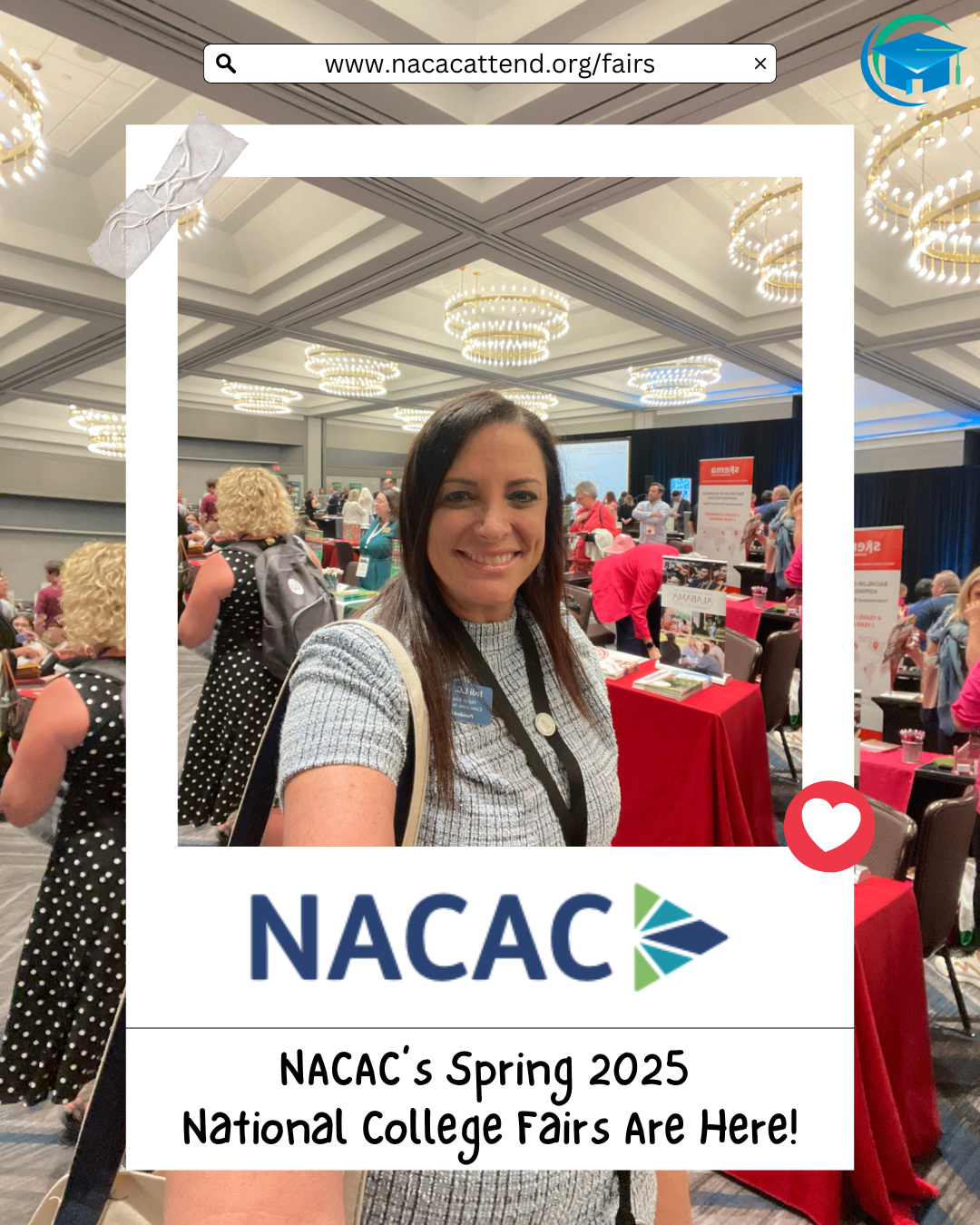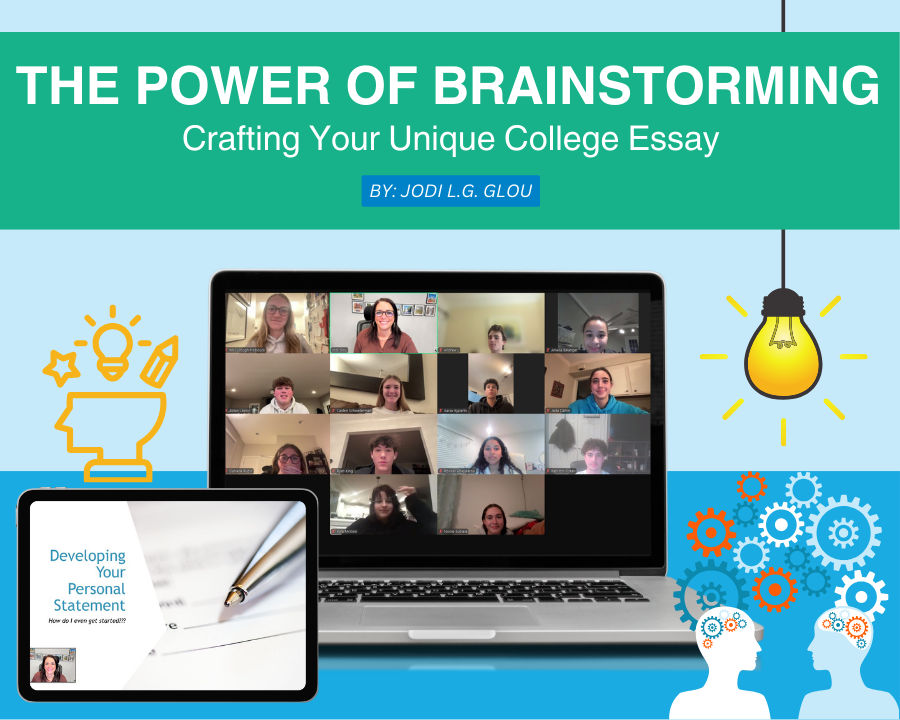How to Build an Effective College List
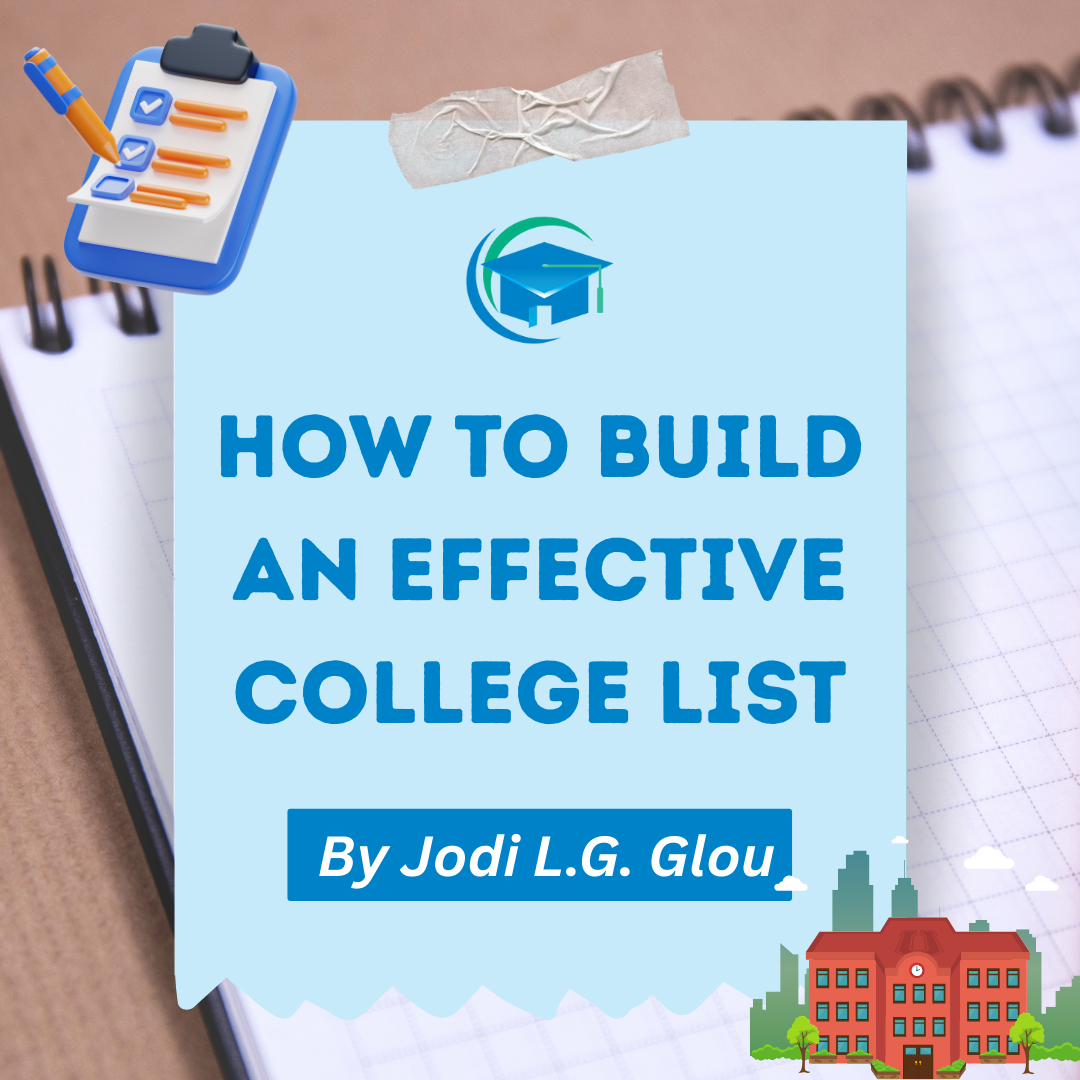
One of the most significant decisions a young person makes during high school is choosing where to go to college. It’s far more than selecting a place to earn a degree—it’s about finding the environment where a student will learn, grow, and shape the foundation of their future.
As the founder of Custom College Consulting, I’ve guided hundreds of students and families through this process. One of the most powerful tools we use is the college list—a thoughtfully researched, balanced list of schools that reflect a student’s academic profile, personal values, and long-term goals. When done right, building this list becomes a meaningful exercise in self-reflection and discovery. Here are the key elements I encourage every family to consider:
Academic Fit
The first and most important step is ensuring that the schools you’re considering offer strong programs in your areas of interest. Whether a student knows exactly what they want to study or is still exploring, the college list should include institutions that provide not only the right majors but also opportunities for academic enrichment—such as undergraduate research, academic advising, and flexible curriculum options.
An aligned academic environment promotes engagement, motivation, and long-term success. Students should ask: Will I be challenged here? Are there faculty or programs that inspire me?
Personal Growth & Well-Being
College is a major life transition. A supportive environment that aligns with a student’s personality, values, and goals is essential for their personal development. From campus size and student organizations to diversity, mental health resources, and housing options, every detail matters.
I often ask my students: Can you see yourself living here for four years? Will you feel supported, included, and able to grow into your best self?
Location & Lifestyle
Some students love the energy of a major city, while others are drawn to the community feel of a small college town. Think about location in practical terms: Do you want to be close to home? Do you enjoy cold winters or prefer a warmer climate? Do you want access to internships, cultural experiences, or nature?
There’s no “right” answer—just the right fit for you.
Financial Considerations
Let’s be honest: college is an investment. As important as it is to find the perfect fit academically and socially, it's also critical to evaluate the financial fit. Consider not only tuition and fees but also potential aid, scholarships, and long-term ROI (return on investment).
Families should explore financial aid tools, merit scholarship opportunities, and net price calculators to make informed decisions. A dream school should also be a financially sustainable one.
Support Systems
College can be overwhelming, especially in the first year. That’s why it’s important to look for colleges that offer strong academic and personal support services—from writing centers and tutoring programs to counseling, disability services, and mentoring networks.
These support systems often make the difference between surviving college and thriving in it.
Career Services & Outcomes
At the end of the day, a college degree is a stepping stone to a meaningful career. Look for colleges with robust career centers, internship pipelines, and strong alumni networks. Ask: What’s the job placement rate? Who recruits on campus? Are there programs that support career exploration and networking?
A college’s commitment to preparing students for life after graduation should be a key part of your evaluation.
Final Thoughts
An effective college list should be balanced, typically including a thoughtful mix of reach, target, and likely schools—all of which should be a good fit. This list is more than a to-do item—it’s a roadmap to a successful and fulfilling college experience.
At Custom College Consulting, we believe that with the right support and strategy, every student can find colleges that fit their unique needs and aspirations. It’s never too early to start building that list and it’s never too late to refine it.
If you or your student need guidance through this process, I’d love to help. Together, we can take the stress out of college planning and replace it with confidence, clarity, and purpose.
